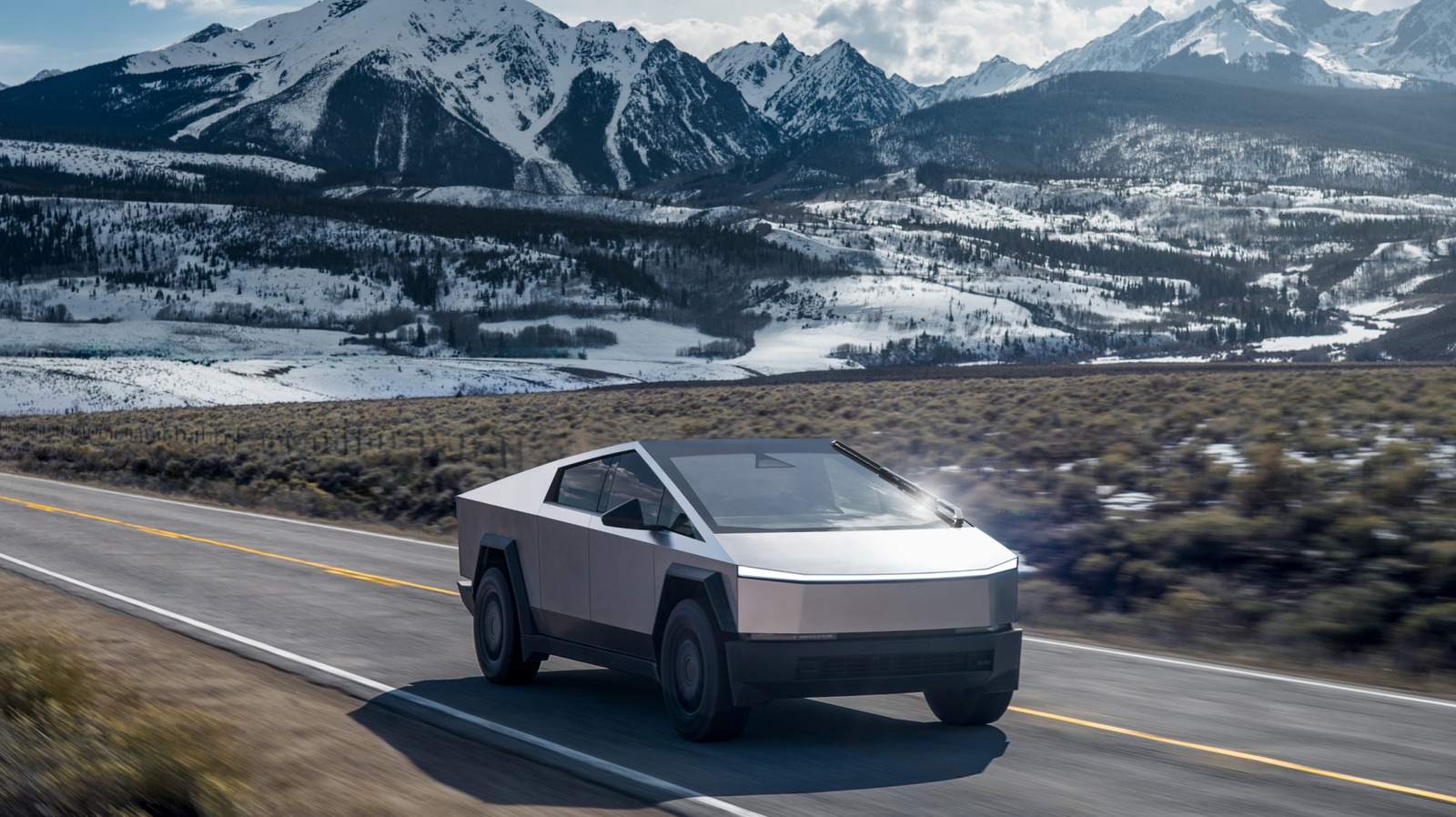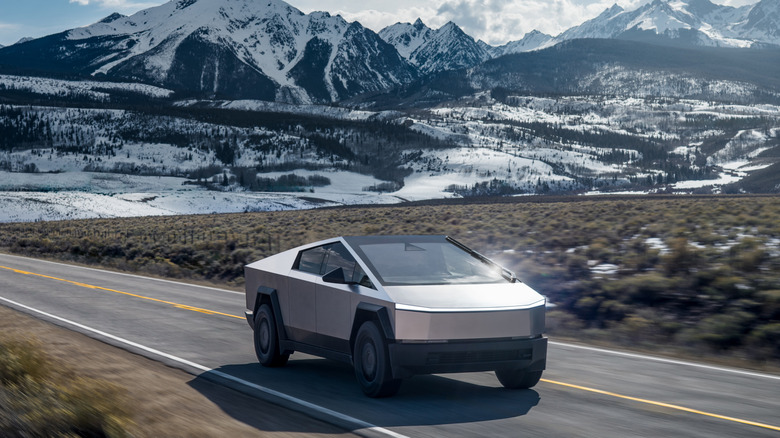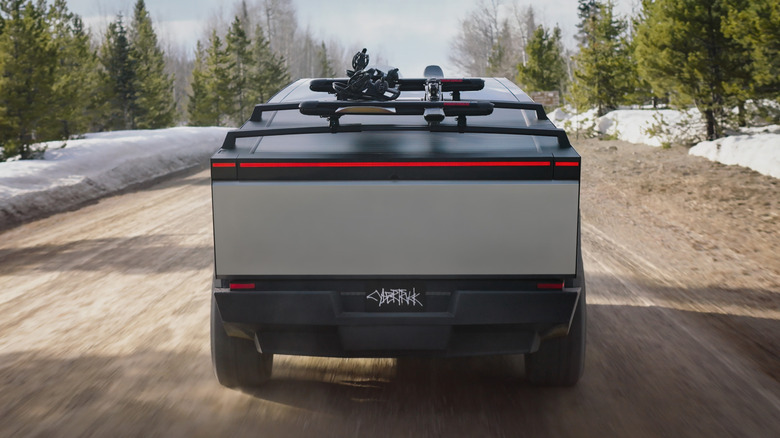Not much is going right for the Tesla Cybertruck. Sales have been disappointing, the aggressively styled vehicle has become a magnet for Tesla hatred, and now Germany has informed the U.S. Army that the country is rejecting a request for the members of the military to import Cybertrucks from the U.S. into Germany. Road & Track has the story:
Why did the German government deny the Army’s request? It turns out there are several reasons—and most of them relate to safety. According to the release, the regulator flagged the truck’s sharp-edged body and massive curb weight as violations of passive safety rules designed to protect vulnerable road users like cyclists, pedestrians, and motorcyclists.
According to R&T, the news of Germany’s rejection appeared on Reddit (I tried to track down the press release but couldn’t locate it in the labyrinth of Army’s EU and Africa site). Germany evidently allows some vehicles in that don’t meet European Union regulations through a program that the Army operates. It seems that the U.S. Army Customs Agency understood that the Cybertruck failed to comply with the rules but asked the German Federal Ministry of Transport to consider an exception for the vehicle anyway.
Problems with the Cybertruck’s design
Germany said no, and the Army summarized the decision, providing all the relevant details. It did so because some service members might attempt to import their Cybertruck anyway, but the Army Customs Agency said that it wouldn’t provide necessary paperwork, meaning that “personnel…risk having to ship the vehicle back to the U.S. at their own expense.”
Another wrinkle in all this involved the Cybertruck’s polarizing design. The Army Customs Agency said that it would stand out like a gigantic stainless steel sore thumb on German roads, “defeating the purpose” of the special cover plates that authorized vehicles are assigned for “force protection.” On top of that, the agency noted that everybody in Germany knows that the Cybertruck can’t be “registered and operated” in the country. Obviously, Tesla is also pretty well known in Germany. The company has a factory there, near Berlin, and CEO Elon Musk has controversially endorsed the country’s far-right political party, Alternative for Germany (AfD).
Probably not about Cybertruck hating
It’s not clear why the Army, knowing that the Cybertruck violated EU regulations, asked the Germans to consider it for an exception. These days, anything involving “Tesla,” “Cybertruck,” and “Germany” is going to raise eyebrows. Ultimately, the process appeared to follow the typical bureaucratic assessments, with Germany effectively confirming that the vehicle is non-compliant and that it would be inappropriate to give it a pass on the rules.
One does wonder just how many U.S. service members might have actually wanted to import a Cybertruck to Germany. The Army Customs Agency, after all, went through the motions of submitting its request, and then through the denial was sufficiently newsworthy to issue a press release. Go figure. In any case, Cybertrucks weren’t permitted to enter Germany and the EU before, and now they still aren’t. Don’t look for them on the Autobahn any time soon – or ever.





